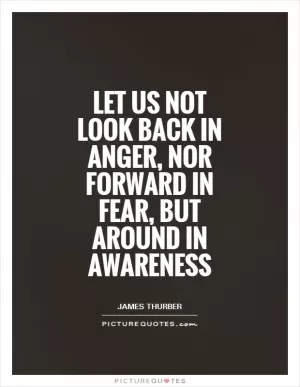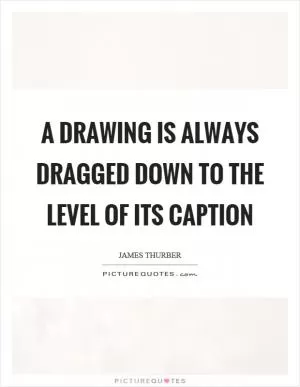I love the idea of there being two sexes, don't you?

I love the idea of there being two sexes, don't you?
James Thurber was a renowned American author and cartoonist known for his wit and humor. His works often explored the complexities of human relationships and the absurdities of everyday life. In the context of Thurber's writing, the statement "I love the idea of there being two sexes, don't you?" could be interpreted in a variety of ways.Thurber's writing often delved into the dynamics between men and women, highlighting the differences and similarities between the sexes. His stories frequently featured characters who struggled to understand each other, leading to comedic misunderstandings and miscommunications. In this context, the idea of there being two sexes could be seen as a source of humor and conflict in Thurber's work.
Thurber's writing also frequently touched on themes of gender roles and expectations. In many of his stories, male and female characters were portrayed in stereotypical roles, with men as the bumbling fools and women as the voice of reason. The statement "I love the idea of there being two sexes, don't you?" could be seen as a reflection of Thurber's exploration of gender dynamics and the ways in which men and women interact with each other.
Additionally, Thurber's writing often featured strong female characters who challenged traditional gender norms and expectations. These women were often portrayed as intelligent, independent, and capable, defying the stereotypes of the time. In this context, the statement "I love the idea of there being two sexes, don't you?" could be interpreted as a celebration of the diversity and complexity of human relationships, regardless of gender.
Overall, in the context of James Thurber's writing, the statement "I love the idea of there being two sexes, don't you?" could be seen as a reflection of his exploration of gender dynamics, relationships, and the absurdities of human behavior. Thurber's work continues to resonate with readers today for its humor, insight, and timeless observations on the complexities of the human experience.












 Friendship Quotes
Friendship Quotes Love Quotes
Love Quotes Life Quotes
Life Quotes Funny Quotes
Funny Quotes Motivational Quotes
Motivational Quotes Inspirational Quotes
Inspirational Quotes